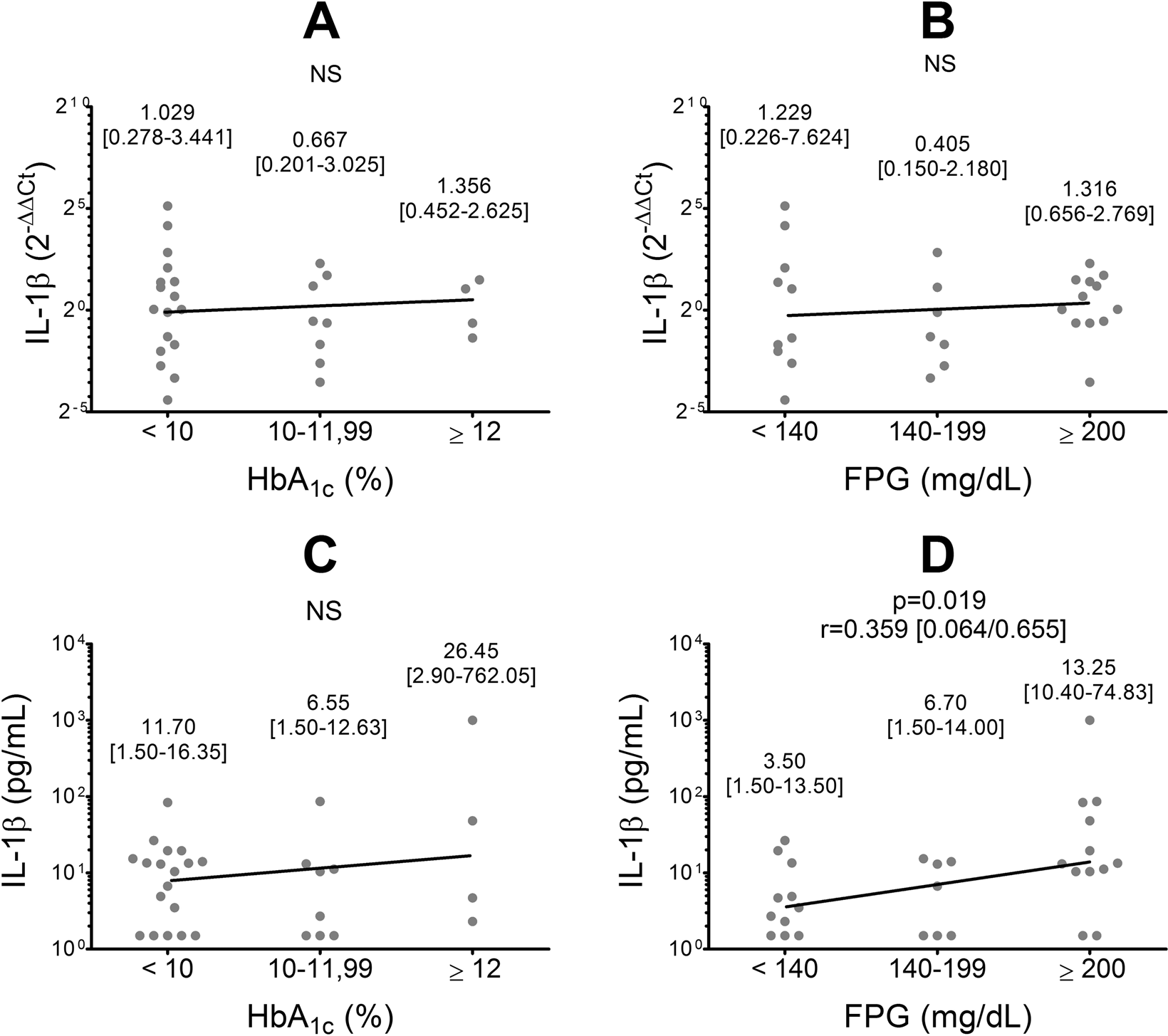Reference



Moonshot's Answer
The InCHIANTI study found that serum IL-1beta levels were associated with congestive heart failure (p > 0.001) and angina (p = 0.02), as well as with Ca2+ serum levels (p = 0.02), and with a history of falls [1]. Additionally, the study demonstrated that individuals with high IL-1beta serum levels were at a higher risk of suffering from cognitive impairment after traumatic brain injury (TBI) compared to those with lower levels [2]. These findings underscore the potential role of IL-1beta as a biomarker for various health conditions, particularly cardiovascular and cognitive impairments. For a visual representation of serum IL-1beta levels, refer to the images from the study [3][4][5][6][7][8][9][10][11][12].
[1] Serum IL-1beta levels in health and disease: a population-based study [2] Serum IL-1β levels in health and disease: A population-based study [3] Image 1 [4] Image 2 [5] Image 3 [6] Image 4 [7] Image 5 [8] Image 6 [9] Image 7 [10] Image 8 [11] Image 9 [12] Image 10